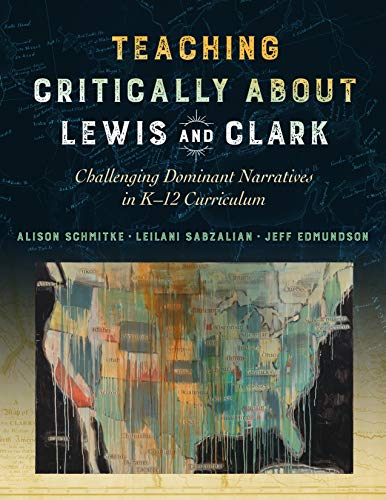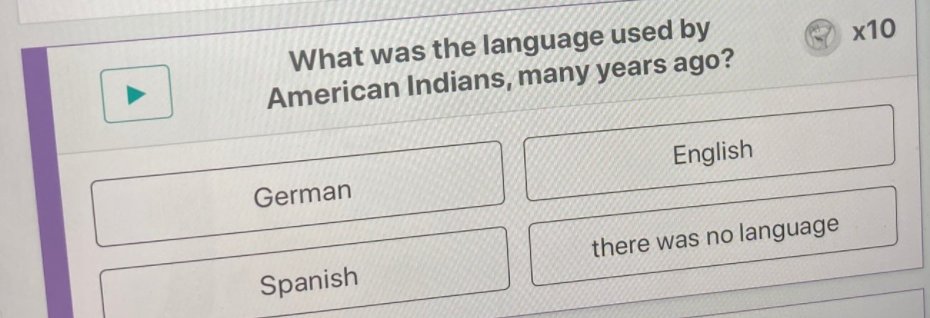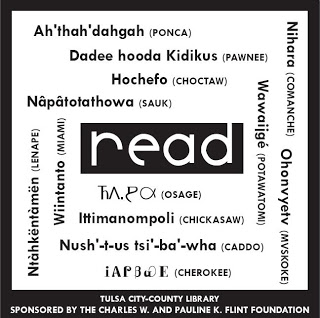This is the first year that the American Indian Library Association's Youth Literature Awards will be announced at ALA along with the Caldecott, Newbery and all the other awards. Here's the committee! #ALAyma #NativeTwitter #IndigenousTwitter 

I'm watching the Livestream. Here's the Facebook link to watch: facebook.com/AmericanLibrar…
Here we go! AIYLA's awards next!
It is SO IMPORTANT that people in this room and watching the live stream. Important info is being presented!!!! And MY GOSH the cheering in the room!!!! THANK YOU, everyone who is there, for such an enthusiastic reception!
I'm gonna add to this thread later, appending tweets from people in the room. I'm not able to RT and watch all at once.
AILA award for young adults is Cynthia Leitich Smith's HEARTS UNBROKEN, also incredibly meaningful to so many of us! 

(An aside, sort of: I have a power point presentation open. There's a slide with award names in it and then when the name was called, I pulled up images I've used in blog posts and popped them in.)
Traci Sorell got an Odyssey Honor!!!! You all must listen to that audiobook. It is outstanding!
Dr. Rudine Sims Bishop will give the 2021 ALSC Children's Literature Lecture Award (formerly named the Arbuthnot Award). Her work has been so significant. This is terrific! Congratulations to her.
I wasn't there, by the way! That photo was used, with permission.
• • •
Missing some Tweet in this thread? You can try to
force a refresh













